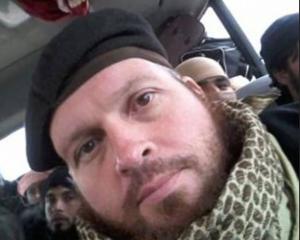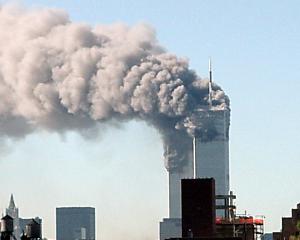The 15-member council must decide the future of the UN mission, known as UNSMIS, before July 20, when its 90-day mandate expires. UNSMIS was deployed to monitor a failed ceasefire as part of international envoy Kofi Annan's six-point peace plan.
Russia has proposed extending the mission for 90 days, but Britain, the United States, France and Germany countered with a draft resolution to extend the mission for just 45 days and place Annan's peace plan under Chapter 7 of the UN Charter.
Chapter 7 allows the council to authorize actions ranging from diplomatic and economic sanctions to military intervention. U.S. officials have said they are talking about sanctions on Syria, not military intervention.
The Security Council is currently due to vote on July 18.
"We are definitely against Chapter 7. Anything can be negotiated, but we do not negotiate this, this is a red line," Russian Deputy UN Ambassador Alexander Pankin told reporters.
The opening stance by Russia, a key ally of Syria, was no surprise to Western diplomats. Russia and China have previously vetoed UN resolutions designed to pressure Syrian President Bashar al-Assad.
"They would say that at this stage wouldn't they," said Britain's UN ambassador, Mark Lyall Grant. "I think there is overwhelming support in the council, I expect, for our text and then we'll see where we come out on it."
The Western-backed draft resolution in particular threatens the Syrian government with sanctions if it does not stop using heavy weapons and withdraw its troops from towns and cities within 10 days of the adoption of the resolution.
Annan asked the UN Security Council on Wednesday to make clear to Syria's government and opposition that there would be "clear consequences" for not complying with his plan to broker peace in a conflict that has killed thousands.
"The United States is determined to support him (Annan) because our experience of the last year makes it absolutely clear that the Assad regime will not do anything without additional further pressure," U.S. Secretary of State Hillary Clinton said Thursday during a visit to Cambodia.
Assad's forces have killed more than 15,000 people since a crackdown on pro-democracy protesters began in March 2011, some Western leaders say. Damascus says rebels have killed several thousand of its security forces.
UN chief Ban Ki-moon has recommended a shift in the emphasis of UNSMIS' work from military observers - who suspended most of their monitoring activities on June 16 because of increased risk amid rising violence - to the civilian staff focusing on a political solution and issues like human rights.











